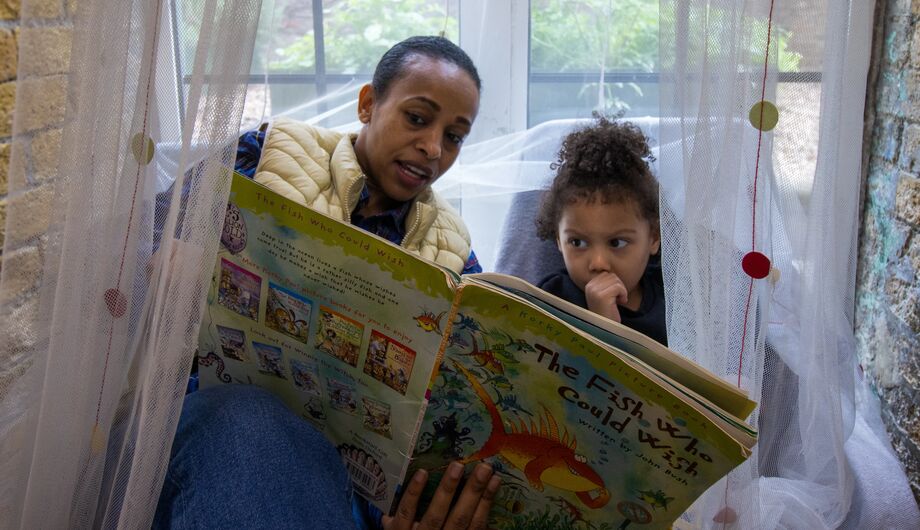A Conversation with Ofsted: What we learned at the London OBC
On the 7th April, we held the London OBC and here is a summary for those of you who could not attend. We are trying something new,…
March 17th 2016
Action research is very important for quality improvement and at LEYF it’s the basis of self reflection. We believe that practitioner led research is an often underused method of ensuring quality at every level of the business. Our action research is best described in three steps:
Look: Ask the question or describe the issue to be investigated. Gather information.
Think: Analyse and interpret the situation. Reflect on what we have been doing. We look at areas of success and at any deficiencies, issues or problems.
Act: Judge the worth, effectiveness, appropriateness, from the findings and act to formulate solutions to any problems or confirm what is good and embed it in practice.
Step one is conducted at our LEYF Sounding Boards. These are gatherings after work with pizza and beverages to keep us all focused. A general invitation goes out to the organisation and the best Sounding Boards attract varied groups. The intention is to attract interested people although we will also invite those staff who will be most affected by the subject matter under the spotlight. Our recent subject was “Babies”, so many baby practitioners attended. We wanted to put the LEYF Approach to Babies under the spotlight because we are noticing more younger babies coming to nursery and we need to ensure that our service for babies is tip top and baby award winning.
This is particularly important because babies are amazing, little geniuses, explorers and observers. Just watch any of the TED talks From Patricia Kuhl or Alison Gopnik and you will understand the glory of the babies development. Read the books by Alice Sharp who rejoices in babies and what they can do.
Some time ago I got involved with the Baby Room research from Kathy Gooch and her team at Canterbury University. https://tactyc.org.uk/pdfs/Reflection-Goouch.pdf
Sadly, she confirmed what many of us already know that baby rooms; that they are often led by inexperienced staff and that their status in the nursery and across the sectorwas low. Just look at Government policy, you would think everyone was born aged 3.
I have always believed that we should put the best staff in the Baby Room, babies need experienced staff with deep emotional intelligence. Practitioners working with babies need to be highly skilled and developmentally knowledgeable as the needs of a 4 month old child has a very different range of developmental needs, interests and skills as compared to a 20 month old child. We must raise the status of baby staff and make them experts in their field.
At our Sounding Board, I was humbled by the passion and leadership of the LEYF Baby Practitioners there. They shared many of their experiences and commented that many new practitioners were often ill-educated about babies and their practice was sometimes inappropriate for example, expecting babies to wait for long periods or not understanding how babies use their bodies to investigate.
Our meeting raised a number of questions which I think everyone caring for small children needs to consider: Let me share them with you and please ask others the same questions:
On the 7th April, we held the London OBC and here is a summary for those of you who could not attend. We are trying something new,…

If you have been frog marched through books, why would you ever read for pleasure? The award-winning author and screenwriter Frank Cotterell-Boyce is the 13th Children’s Laureate of…

In Memory of Genevieve Meehan Tonight, BBC One North West and Yorkshire will air an investigative programme titled How Safe Are Our Nurseries? It follows the heartbreaking story of Genevieve…